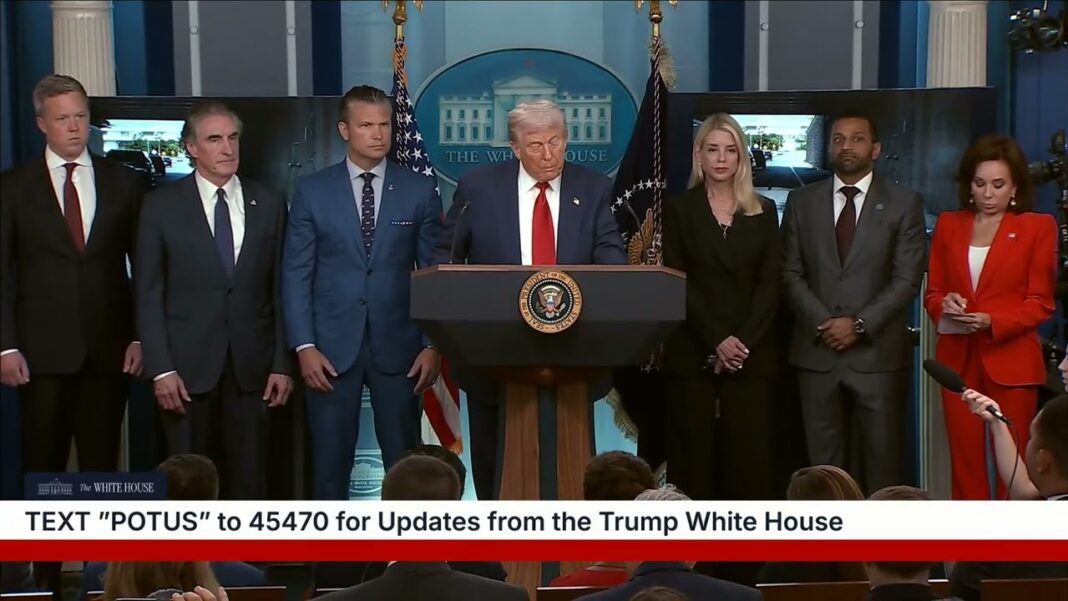In a bold move to revitalize the nation’s capital, President Donald Trump has proposed a swift relocation of homeless individuals from Washington, D.C., emphasizing public safety, urban beautification, and humane alternatives. As detailed in a recent CNBC report, Trump declared on Truth Social that “the Homeless have to move out, IMMEDIATELY. We will give you places to stay, but FAR from the Capital.” This statement aligns with his broader agenda to tackle crime and disorder in D.C., drawing parallels to his administration’s border security successes, where he claims crossings dropped to “ZERO in the last few months.” While critics have labeled the approach as harsh, a closer examination of supporting policies, data, and expert perspectives reveals potential benefits in restoring order, protecting vulnerable populations, and improving quality of life for all residents.
Washington, D.C., has long grappled with visible homelessness, which Trump argues detracts from the city’s status as a symbol of American strength and beauty. According to the White House fact sheet on ending crime and disorder, homelessness reached a record high of 274,224 individuals nationwide during the final year of the Biden administration, with many suffering from addiction or mental health issues. In D.C. specifically, encampments on federal lands have contributed to public safety challenges, including increased graffiti and disorder. Trump’s executive order from March 2025 directed the National Park Service to clear these encampments, framing it as a step toward beautifying the capital.
A recent incident underscored the urgency: Edward Coristine, a former staffer in the Department of Government Efficiency, was assaulted by juveniles in an attempted carjacking, leaving him bloodied. Trump highlighted this event to justify immediate action, stating, “It’s all going to happen very fast, just like the Border… There will be no ‘MR. NICE GUY.’” Supporters, including White House deputy chief of staff Stephen Miller, have compared D.C.’s violence to war-torn areas, arguing that unchecked homelessness exacerbates crime and threatens residents. Despite data showing a 26% drop in violent crime from the previous year, proponents contend that visible encampments erode public confidence and hinder economic recovery in urban cores.
Relocating homeless individuals from high-density urban areas like D.C. is not a new concept, and several arguments bolster Trump’s proposal. First, it prioritizes public safety. The White House emphasizes that allowing encampments enables open drug use and loitering, leaving citizens “vulnerable to public safety threats.” By redirecting federal grants to enforce prohibitions on such activities, the policy aims to shift people into treatment centers or assisted outpatient programs, addressing root causes like substance abuse and mental illness. This approach is described as “the most proven way to restore public order” while providing humane care, rather than perpetuating street living.
Second, relocation can motivate individuals to seek long-term solutions. Some experts argue that forcible displacement of encampments encourages people to pursue employment, housing, or services, breaking cycles of dependency. Trump’s plan includes offering “places to stay,” potentially in institutional settings far from the capital, which aligns with his July 2025 executive order redirecting resources toward substance abuse programs and civil commitment. This could reduce the strain on urban infrastructure, as seen in other cities where clearing encampments has led to cleaner public spaces and boosted tourism.
Third, economic and aesthetic benefits are evident. D.C. Mayor Muriel Bowser, while noting no current “crime spike,” has expressed willingness to collaborate with federal efforts to make the city “safer and cleaner.” Trump’s vision echoes his 2023 commitment to use “every tool” to get the homeless off streets while ensuring care, potentially revitalizing downtown areas affected by post-pandemic homelessness surges. Investments like the $1.8 million through First Lady Melania Trump’s BE BEST initiative for preventing homelessness among foster youth demonstrate a complementary focus on prevention.
Trump’s D.C. initiative builds on national reforms, such as the Executive Order on Ending Vagrancy, which reverses judicial barriers to civil commitment and prioritizes grants for enforcement. It also includes protections like separating sex offenders from families in shelters, enhancing safety for vulnerable groups. For veterans, the National Center for Warrior Independence offers tailored services, addressing a key demographic in homelessness.
While challenges remain—such as ensuring adequate funding for relocation sites—supporters view this as a pragmatic response to failed past programs that cost tens of billions without results. By treating homelessness as a public health and safety issue rather than a permanent urban fixture, Trump’s plan could set a precedent for other cities, fostering environments where all Americans can thrive.
Trump’s call to “make our Capital safer and more beautiful” through homeless relocation is grounded in a desire for order and compassion. Backed by executive actions and evidence of urban disorder’s costs, it offers a pathway to reclaim D.C. as a beacon of prosperity, balancing enforcement with support for those in need.







